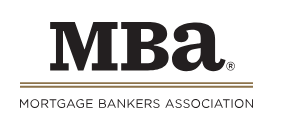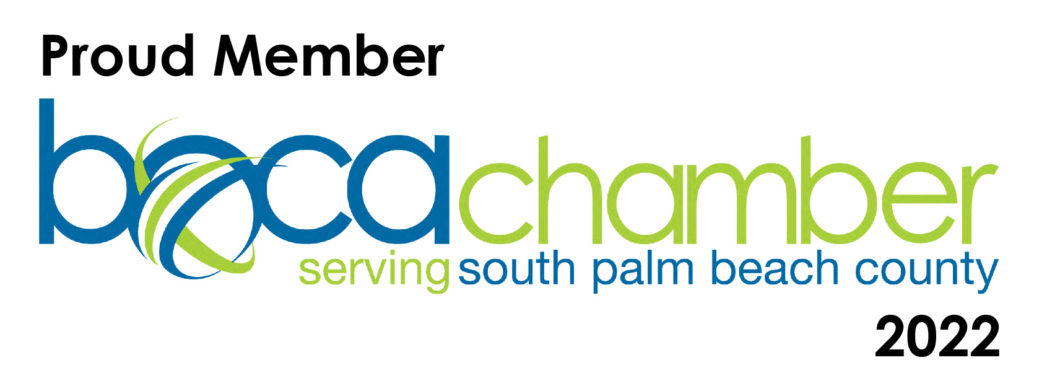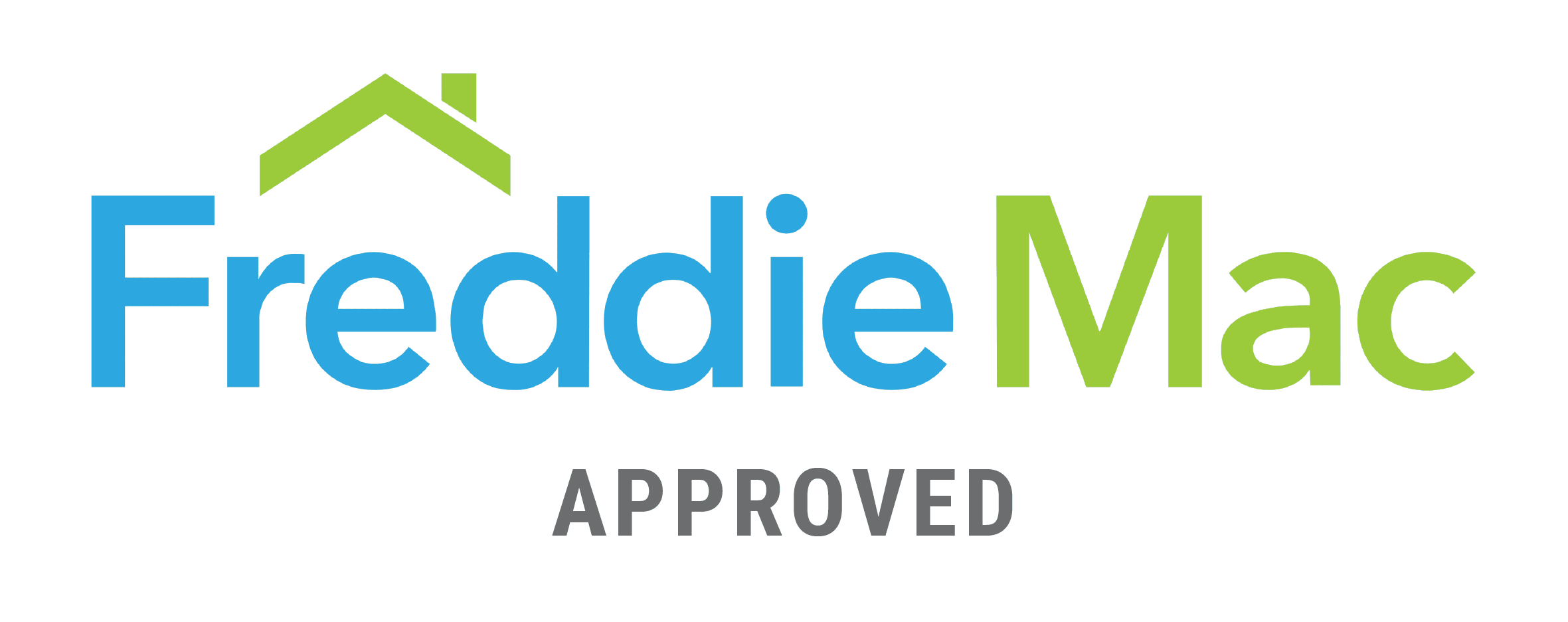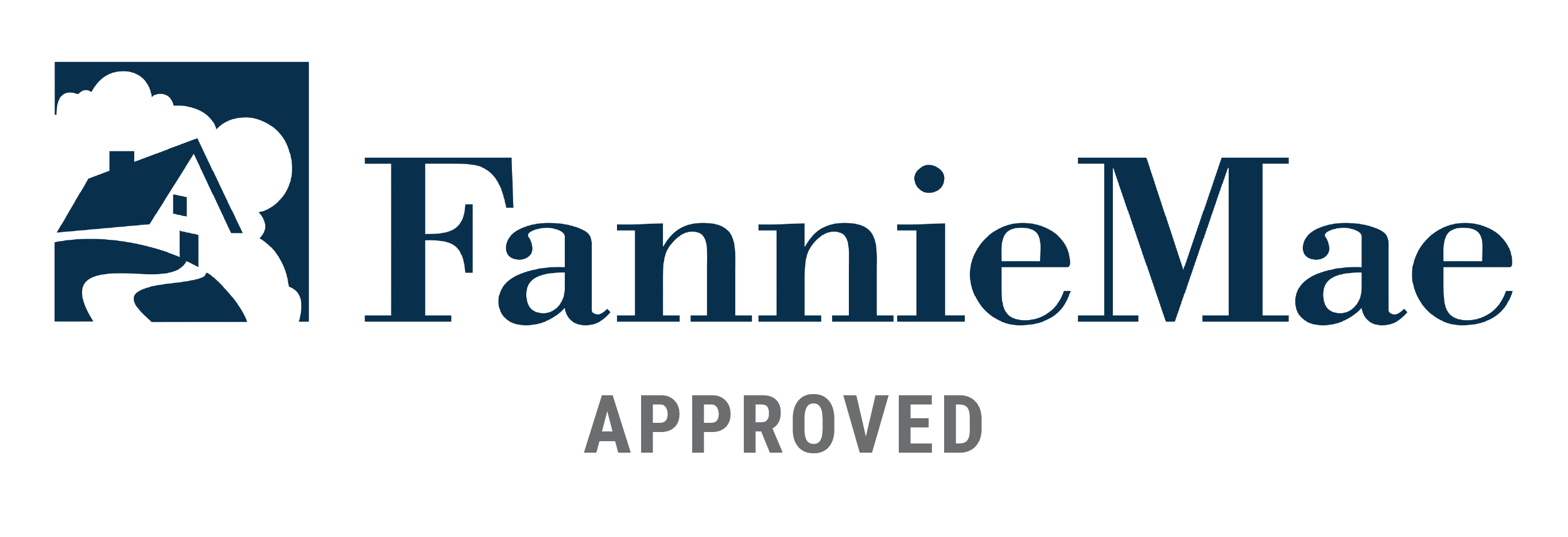Part of the beauty of home-ownership is that community members hold the right to manage the community how they see fit. The Homeowners Association (HOA) takes the responsibility of managing community funds, ensuring homes and amenities in the community are up to code, and for the intangible elements of what make a community feel like home.
When a community is first built, the HOA is managed by the building developer. As the community grows the HOA power must transition from developer to homeowners. In Florida, this transition takes place 3 months after 90% of units in all phases of the community have been sold.
However, transitioning power isn’t always a cut-and-dry process with a set start-to-finish timeline. Preparing for this transition often takes months of diligence on the part of homeowners. Here are a few tips for transitioning your community HOA from developer management to homeowner management.
Assign a Transition Committee
The first step in preparation is to assign a “dream team” of community members to serve as developer liaisons and represent the goals and rights of the new homeowner-led HOA. This committee should be assembled as soon as possible ahead of the transition timeframe (for instance, when a community hits 60% of units sold). The ideal committee will include homeowners, HOA board members, and a professionals in community association matters. This can include a community association attorney, an accountant, an engineer, and a reserve study analyst.
Conduct a Reserve Study Analysis
Reviewing legal documents and analyzing the state of the community’s financial matters is the new transition committee’s top priority. The auditing process may not be linear, but the most important piece begins with the reserve study.
HOA reserve funds are the community’s financial reserve for a variety of needs, including major repairs, regular maintenance, new builds, and other one-time requirements. Specifically, these funds may be used to replace asphalt streets, maintaining the community pool, or building a new playground, among other things. Reserve funds should cover at least 70% of the community’s future financial needs, though more is better. To accurately identify the amount of funds in the reserve, as well as the future financial needs of the community to determine if the funds are accurate, a reserve study needs to take place.
A reserve study is a two-part audit that examines the HOA’s income and expenses. It then examines the physical condition of the HOA’s common areas, those for which reserve funds would be used, to determine the estimated cost of maintenance and future repairs or replacements. The final product in a reserve study is a living document that measurable the “usable life left” of various association elements and keeps the association members on track to maintaining those elements for years to come.
There are many types of general reserve studies that may fit the needs of your community association.
- Preliminary study: this type of study typically takes place prior to building kickoff. The purpose of this study is to document budget estimates based on architectural plans.
- No-site visit: this type of study is considered to be the most budget-friendly. In this study, reviewer opinions are based on notes and discussion with the board and other witnesses.
- On-site visit: this type of study involves a full review of the association’s common areas with an in-person visit. This provides a full perspective of potential needs.
- Full reserve study: this type of study involves a full audit and inspection onsite. It can be the most expensive and time-consuming but will often provide the most in-depth analysis.
Audit Legal Documents and Contracts
Whether your community is large or small, there are likely a breadth of documentation on hand that will need to pass over when the HOA management transitions. These documents may include maintenance records, claims, insurance, inspections, and any owner-to-developer correspondence. Keeping an accurate record of all this can seem overwhelming, but it is crucial to the future legal health of the community. Working with an experienced community association attorney can help.
Negotiate Outstanding Issues and Document Warranties with Your Builder
After conducting the audit, your association may identify open items that need addressing. It is best to track and close out these items prior to the community transition if possible. The HOA transition committee can work with the developer directly, or with the help of an attorney, to ensure these matters are resolved. If matters cannot be immediately dealt with, negotiation with the developer on an agreement that is in everyone’s best interest.
Another critical aspect of this process is the transition study. The purpose of this type of study is for an engineer to inspect the community’s common areas such as pools, playgrounds, fitness centers, roadways, etc., to document any defects or out-of-code areas. At this time, the developer should provide any information on warranties, permits, utilities, and other documentation for the association’s records.
Assign a Registered Agent for the New Association
This simple but oft-forgot step becomes most important after the transition process is complete. A registered agent is appointed as the point of contact for legal matters regarding the association. If the community is sued, for instance, the registered agent would be notified. Without a registered agent, it’s possible that such matters may go unnoticed until it’s too late.
Document the Transition Process
The outcome of the HOA transition process will have a lifelong impact on the community and its residents. Maintaining accurate, complete records is essential. The transition committee should document each step of the process and maintain records digitally from start to finish.
Work with a Professional Association Attorney
Having a professional, seasoned attorney at your side during the transition of power can reduce headaches for everyone. At Lubliner Law, we offer vigorous representation for our clients and aggressive litigation when needed. We have 40 years of combined experience and offer legal services for a variety of homeowners association concerns. Call us at (561) 207-2018 or email [email protected] to see how we can help.







